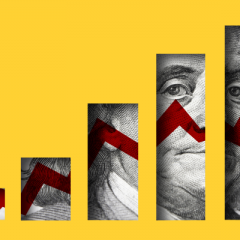MGMA: EFT Fees Imposed by Health Plans Are Hurting Providers
- Electronic funds transfer (EFT) fees imposed by health plans and third-party vendors are increasing costs and administrative burdens for healthcare practices, according to a position paper from the Medical Group Management Association (MGMA). The Affordable Care Act required health plans to offer medical practices the option of receiving...

